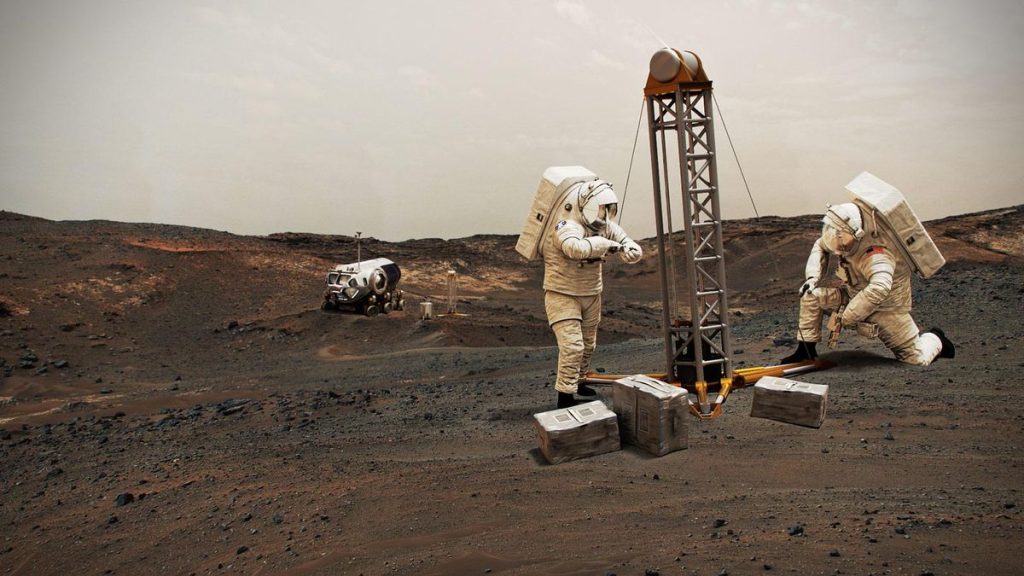Space travel is incredibly demanding on the human body, subjecting astronauts to a range of challenges: exposure to intense radiation, the effects of altered gravity, which can cause bone density loss and muscle wasting, and the toll of sleep deprivation compounded by high-pressure working conditions. The job is not for the faint of heart.
How these factors combine to impact cognitive function — both in the short and long term — remains unclear. This is a multilayered question, potentially affecting not only astronaut health but also mission success, because spaceflyers must perform complex tasks requiring a high degree of precision, in an environment in which even minor errors could lead to serious consequences.
NASA scientists recently conducted a cognitive analysis of 25 astronauts who had spent an average of six months aboard the International Space Station (ISS). They utilized the “cognition battery” — a set of 10 brief cognitive tests specifically developed for NASA to evaluate various cognitive domains. Data was collected at five key points during the astronauts’ missions: pre-flight, early flight, late flight, early post-flight and late post-flight. To date, it’s the largest dataset on cognitive performance from professional astronauts published to date.
The good news is that, while some elements of astronauts’ cognitive health were affected over the course of their missions, the observed impairment was not found to be lasting.
Related: Long space missions take a toll on astronaut brains, study finds
“We show that there is no evidence of any significant cognitive impairment or neurodegenerative decline in astronauts spending six months on the ISS,” said Sheena Dev, a researcher at NASA’s Behavioral Health and Performance Laboratory and first author of the new study, in a statement. “Living and working in space was not associated with widespread cognitive impairment that would be suggestive of significant brain damage.”
Some changes were seen in certain tests at different points in the mission, suggesting that living for long stretches in low Earth orbit might affect areas like processing speed, visual memory, focus and decision-making.
“Even on Earth, processing speed, working memory and attention are cognitive domains that can show temporary changes when an individual is under stress,” said Dev. “Other domains, such as memory, are less vulnerable to stressors. For example, if you happen to have a really busy day but couldn’t get much sleep the night before, you might feel like it’s hard to pay attention or that you need more time to complete tasks.”
Although the small sample size of the new study limits the conclusions that can be drawn, it offers a valuable starting point for future research, especially as deep-space crewed missions — for example, to the moon and Mars — become a reality.
“This investigation makes a substantial contribution by providing a pre-flight normative sample of professional astronauts […], and substantially shapes a growing body of literature towards a future that best positions humans to thrive in space,” concluded the team in their paper, which came out last week in the journal Frontiers in Physiology.

